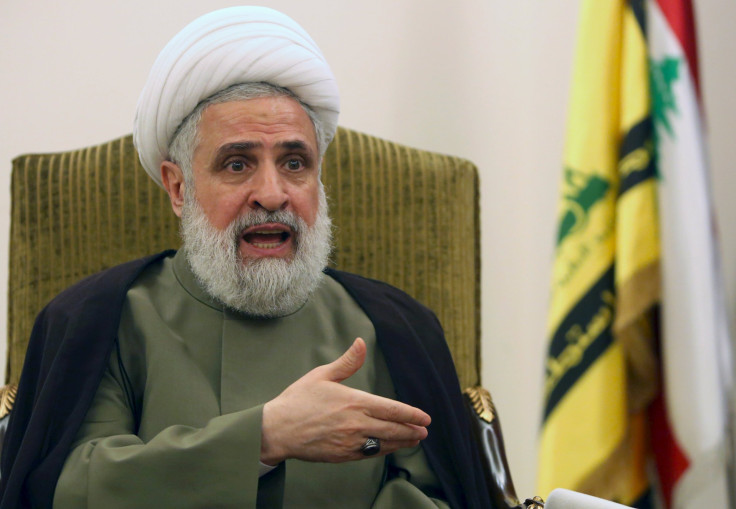Middle East Partition? Hezbollah Warns Of Iraq Dissolution, Endless Syria War, Blames US, Saudi Arabia

Hezbollah is warning that the Middle East is at risk of partition amid ongoing hostilities in Iraq and Syria, where the Iranian-backed Lebanese militant group is fighting in support of the regime of President Bashar Assad. Deputy leader Sheikh Naim Qassem blamed Saudi Arabia and the United States for the regional conflicts that have seen radical Sunni jihadist groups like the Islamic State group become a growing threat, in an interview with Reuters published on Thursday.
"The region is today on fire, tense, without any proposed solutions. It seems this will continue for a number of years, and there is also the risk of partition in some of its countries," Qassem said. "The biggest danger in the plan to partition the region is for Iraq, because America is promoting this, and it seems there are some elements in Iraq that want this, but it has not matured yet."
The U.S. has said that it supports a united Iraq and is aiding Iraqi government forces in their fight against Islamic State militants. On Thursday, the Pentagon announced that it would deliver 2,000 anti-tank rockets to help Iraqi forces combat suicide car bombings by the Islamic State group, a tactic that helped militants seize the city of Ramadi from government control last weekend.
Qassem also pointed a finger at Saudi Arabia, accusing it of “double standards” for backing radical Sunni Islamists across the region while suppressing them domestically. Saudi Arabia’s government has denied such accusations, attributing regional turmoil to Iran’s efforts to expand its influence across the Middle East. The rivalry between the Sunni kingdom and the Shiite republic has played out in the background of conflicts in countries like Syria and Yemen, where the two governments have backed opposing forces.
The actions of Saudi Arabia and its allies also risk drawing out the Syrian conflict endlessly, according to Qassem, who argued that Assad’s backers would continue to support him “however long it takes.” Hezbollah, one of Iran’s most important allies in the region, has played a crucial role in maintaining Assad’s grip on power in the four years since the start of Syria’s uprising. The group has framed its involvement in the conflict as necessary to fending off the growing regional threat of radical Sunni jihadist groups, which are among the forces engaged in the insurgency against the Syrian regime.
© Copyright IBTimes 2024. All rights reserved.












